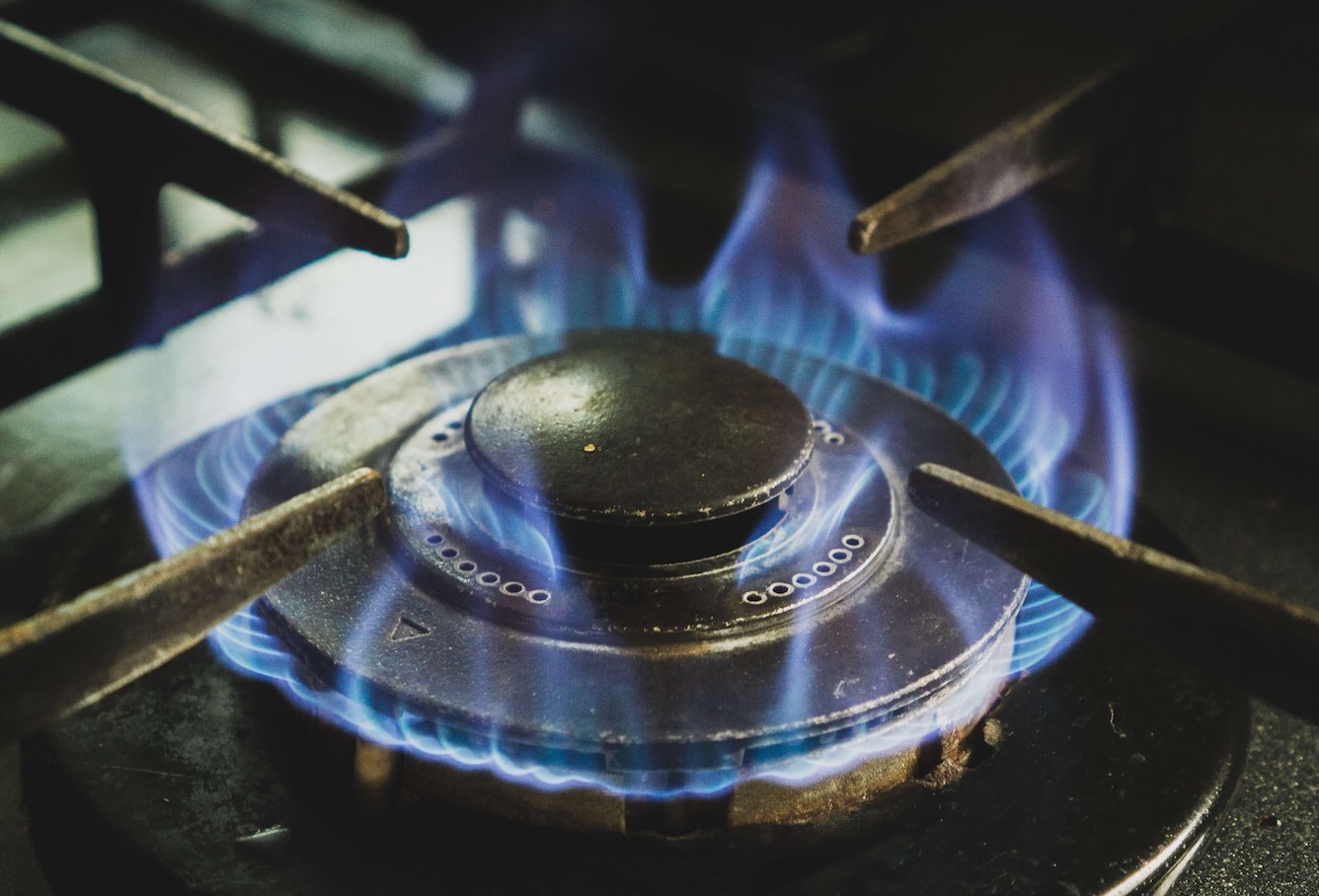Are you a homeowner looking to find out more about your gas piping? Do you want to ensure it’s safe and working properly so that your home is running smoothly?
If so, then this guide is for you! In this comprehensive guide, we’ll walk through all aspects of gas piping, from understanding what factors can affect its performance to identifying common signs of trouble. Plus, we’ll provide helpful tips on how to keep your system running safely and efficiently.
With this guide, you can be confident in knowing that your gas pipes are an integral part of keeping your family comfortably secure!
To find a professional to look over your gas line system for you, read this article.

What is a gas piping system, and what does it do?
A gas piping system is an important part of many buildings, from homes to larger commercial structures. In short, it transports natural gas from the main supply pipeline into the building and its individual rooms or areas.
These systems typically use galvanized steel pipes which can carry compressed natural gas to butane and propane gases for heating or cooking purposes. Installing a proper gas piping system ensures that the home environment is safe for occupants by featuring secure shutoff valves that prevent leaks or other issues when turned off.
These systems are designed to meet local codes and regulations, so technicians must be consulted when installing them in order to ensure that everything is done correctly. A properly installed gas piping system can provide reliable service for years to come.
Signs your home needs a new gas piping system
While you can’t see your gas line system fully, there are some ways to tell if it needs an update. Some common signs to watch out for include:
1. Your home is over 50 years old.
If your home was built more than 50 years ago, it’s likely that the gas piping system is made of outdated materials that could be at risk for leaks or other problems. Additionally, the gas lines in older homes are often smaller in diameter than those in newer homes, which can lead to decreased pressure and reduced efficiency.
2. You can smell gas.
If you can smell gas in your living space, it’s a sure sign that there is likely a leak somewhere in the gas piping system. Gas leaks can be extremely dangerous as they can lead to fires or explosions. If you suspect there might be a gas leak, evacuate your home immediately and call your local utility company.
3. Your appliances are not working properly.
If your gas-powered appliances are not working as well as they used to, it could be a sign that the gas pressure in your home is too low. This can be caused by several factors, including leaks in the gas plumbing system. If you notice that your appliances are not working properly, contact a qualified technician to inspect your gas line system.
4. You have high energy bills.
If you’ve noticed that your utility bills are higher despite the fact that your habits are the same, it could indicate an inefficient gas piping system. Leaks in the gas lines can cause heat to escape, leading to higher energy bills. Additionally, if the diameter of the gas lines is too small, it can also lead to higher energy bills due to decreased pressure and reduced efficiency.
5. There are visible signs of damage to the gas piping system.
If you see any visible signs of damage to the gas plumbing system, such as cracks or holes in the pipes, it’s important to have them repaired immediately, as they could lead to serious problems such as leaks or explosions.
Risks of an improper gas piping system
Improperly installed or maintained gas pipes can lead to serious risks, including lethal carbon monoxide poisoning, fires, explosions and gas leaks in your house. It is essential that once any signs of old or faulty piping appear, you need to act fast, particularly when it comes to older metal piping systems.
Regular maintenance by a professional can help you avoid being caught by surprise and facing costly repairs later down the line.
Benefits of a new gas piping system
Investing in a new gas piping system is an important step to ensure the safety and security of your home. Not only can a new system help ensure safety, but it can also help you save money.
With improved efficiency and fewer repairs needed, you are likely to have lower gas bills over time. These new systems can reduce fuel bills by up to 10%, which is tremendous for households on tight budgets.
And, because new systems are designed with the latest safety features, the risk of leaks or other accidents is greatly reduced. A new gas piping system limits carbon monoxide toxicity from older devices that use outdated kinds of fuel like propane and butane.
The ultimate guide to your gas piping system – Conclusion
Now that you know the basics of a gas piping system, it’s time to get started on yours. If you need help designing or installing your gas piping system, don’t hesitate to call a professional.
With the right team in place, you can be sure that your gas piping system will be up and running in no time.

